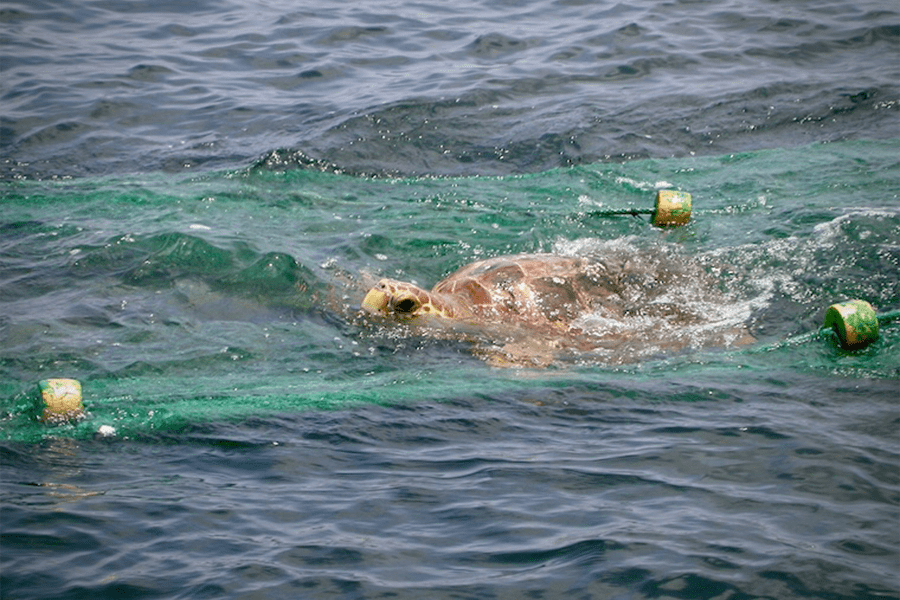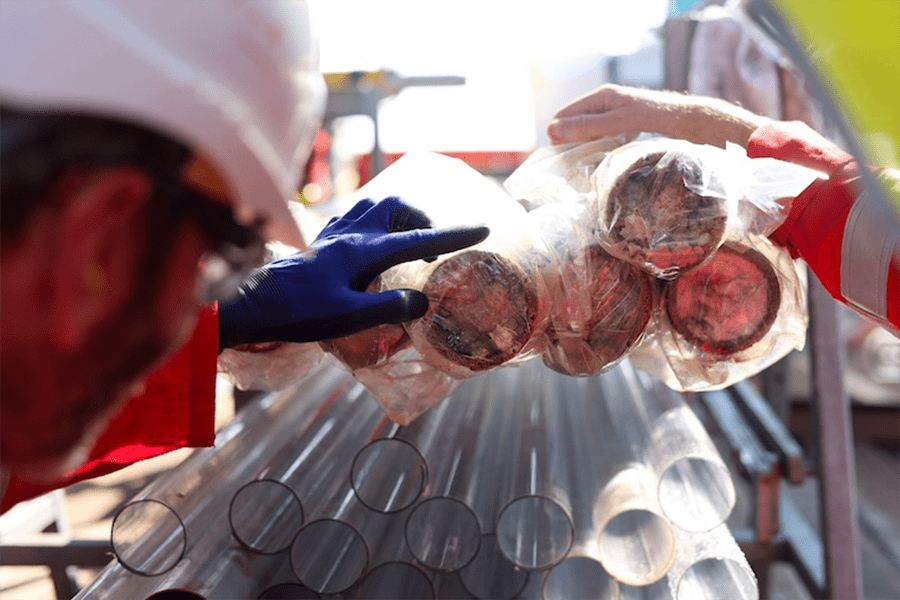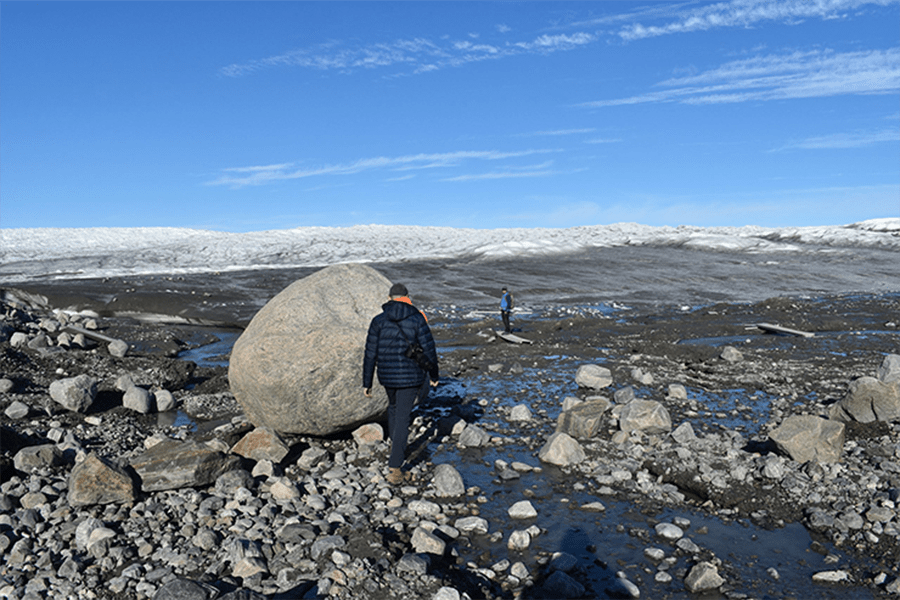About Us
The Ocean Sciences Department is an inclusive, supportive, and innovative community of people involved in oceanography and other marine sciences. We offer undergraduate and graduate courses in these disciplines. Students have access to a wide variety of research facilities and equipment through faculty sponsors. In addition to research and instructional activities along the California coast, interests of the core faculty and their students include biological, chemical, and physical oceanography; sediment, marine, organic, and trace metal biogeochemistry; marine plankton, phytoplankton ecology, paleoceanography, aquatic microbial ecology, ecological modeling, and remote sensing (satellite oceanography); numeric modeling of coastal and basin-scale dynamics; midwater ecology and climatology, among others.
#3
Global rank for research influence by citation index (2018)
#3
Best Marine Biology School in California (2022)
20+
Research partners in institutions and facilities along Monterey Bay
Explore Ocean Sciences News
The latest high-impact science in Ocean Sciences

Industrial fishing poses greater risk to marine life due to untracked activity, UC Santa Cruz researchers find
A new study led by a scientist at UC Santa Cruz’s Institute of Marine Sciences finds that blue whales, tunas, and other top predators in the northeast Pacific Ocean face greater risk of harm from industrial fishing than previously thought.

Scientists begin to crack open climate-change riddles hiding in ancient coral
An international team of researchers on an expedition co-led by UC Santa Cruz Professor Christina Ravelo collected cores of fossil coral off the coast of Hawai’i to look for signs of climate and sea-level change over the past half million years.

A new 66 million-year history of carbon dioxide offers little comfort for today
A massive new review of ancient atmospheric carbon-dioxide levels and corresponding temperatures lays out a daunting picture of where the Earth’s climate may be headed.
